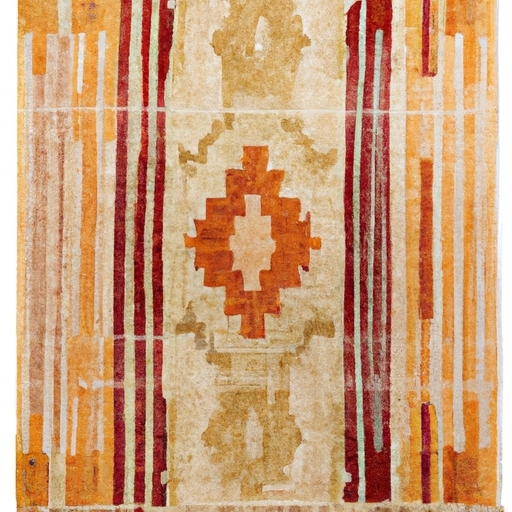how do you know if you are native american
Introduction to Rustic Indian Area Rugs
Researching your family history can be a very interesting and rewarding experience. It can provide insight into where you come from, how far back your ancestors go, and even if you have any Native American heritage. (Negation) But it's not always easy to determine if you are Native American or not!
In order to determine if you have native american roots, the most important thing is to look at the records of your direct ancestors. This would include census records, birth certificates, marriage licenses, death certificates etc. These documents should contain information about their ancestry and whether they were native american or not.
However, sometimes these official documents don't necessarily tell the full story about an individual's heritage. To really get an accurate answer to the question of whether or not one is Native American requires a bit more sleuthing and detective work!
You may want to speak with older relatives who may know more about your family history than what appears on paper. You could also look for any oral histories that exist amongst your family members such as stories passed down through generations. Additionally, searching online genealogical databases for information on your ancestors could prove helpful in finding out more about their background as well as possible connections to Native American tribes or communities.(Transition phrase) You might also consider talking to tribal representatives or doing DNA testing if necessary in order to confirm any ancestral claims.
At the end of the day though, researching your family history can be a long process but it can be incredibly rewarding when you discover something new about yourself! With some patience and dedication you'll likely find out exactly how much native american heritage you have (if any). So good luck on your journey!
